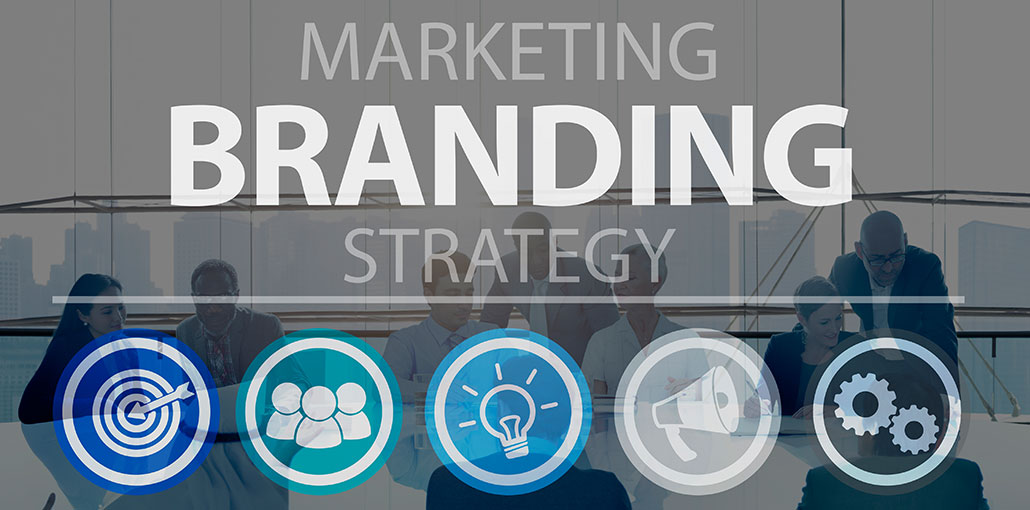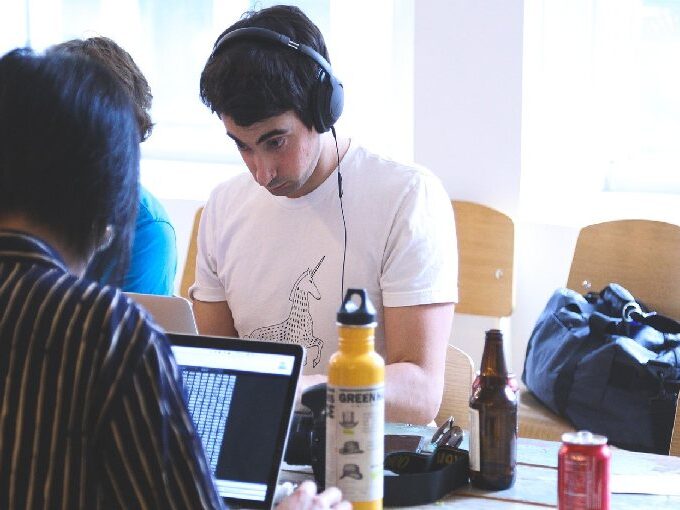New business trends can seem intimidating, but you shouldn’t fear them. Instead, you need to learn about them and incorporate them into your workflow as soon as possible.
In 2022, brands will continue to focus on creating memorable and engaging experiences, but they will also focus on creating personalized ones, relevant to the customer. Keep reading to learn more about these upcoming brand experience trends and how they might affect your company.
Sustainability
The most progressive companies are growing their number of consumers while attempting to reduce their environmental impact.
The shift from product to service models will make the brand experience essential for keeping current clients and luring new ones across a range of industries.
This could be as straightforward as being more transparent about a business’ sustainability initiatives or as sophisticated as creating experiences and services that let customers collaborate with companies to have a lasting positive impact on the world.
As consumers move past greenwashing and toward practical, tactical means of ensuring that companies fulfill their commitments, you should expect to see an increase in demand for low-footprint advertisements and campaigns from brands. We have already observed this transition in sectors that are impacted by climate change, such as the alcoholic beverage industry.
Also read: 10 Reasons Why You Need Online Branding
Paid-for experiences
Brands are making use of the so-called “experience economy” in a variety of ways as a result of consumers’ desire for in-person interactions. While brand perception is often the focus of experiential and event activity, brands are also making a direct profit through paid-for experiences.
One illustration is the immersive live-action experience “Monopoly Lifesized” by Hasbro, which combines challenges from escape rooms with aspects of the Monopoly board game.
These experiences resulted in twice as many brand and product mentions as free experiences, according to a study by the creative company Imagination that examined 40 paid experiences and 30,000 data points.
Meta and what it might mean to you
We have not yet entered the metaverse in the most literal sense of the word. In spite of the meteoric rise in popularity of virtual worlds, we still don’t have the capacity to switch between them in a smooth way.
The actual takeoff moment will come when this occurs in conjunction with the widespread adoption of wearable technology. In preparation, we’ll see more and more companies exploring the elements that will make the Metaverse.
These elements include virtual experiences and games as well as augmented reality, virtual reality, and 3D design. We’re getting closer to Meta’s stellar growth and adoption, so your business should be prepared for it.
Micro-targeting
As physical event options have been reduced to few, marketers are now more focused on making sure the right people are present, especially for companies that are going for higher price points or trying to influence particular groups, like high-net-worth individuals or B2B audiences.
If brands focus more on higher-value attendance, they will have to put in a lot more effort to increase audience quality as opposed to quantity. For the new Ghost, Rolls-Royce, for instance, was quite particular about the timeslots for its expensive, hand-curated events. Without solid data, a brand would struggle to attract the right type of attendees.
Strong data is necessary for micro-targeting in order to market to and convert the right people. The best invite list possible must be put together to comply with COVID-19 restrictions, which requires collaboration and integration across the CRM, data, and event teams.
Also read: Best 5 Virtual Reality Business Use You Need it
Virtual experiential marketing
Experiential marketing, which began by focusing nearly entirely on live events, has developed to work in the virtual world and will do so in the years to come.
Virtual experiences are already widely recognized by brands and consumers. Digital experience marketing has the potential to be just as successful as traditional experiential marketing in terms of reaching your target demographic.
Take advantage of advances in technology. For instance, to make your campaign more immersive, you can incorporate augmented reality (AR) and virtual reality (VR) into it.
Your audience may interact with your brand more easily in a virtual environment, which can boost conversions and foster brand loyalty while achieving your campaign’s objectives.
Final thoughts
One thing has remained constant in spite of the fact that it can be challenging to predict behavior during this time of uncertainty caused by the persistence of coronavirus variants – people desire to interact with one another. And they also want to be entertained, so take these trends into account and get ready. Be prepared and 2022 and beyond will be good years for your business.










Leave a comment